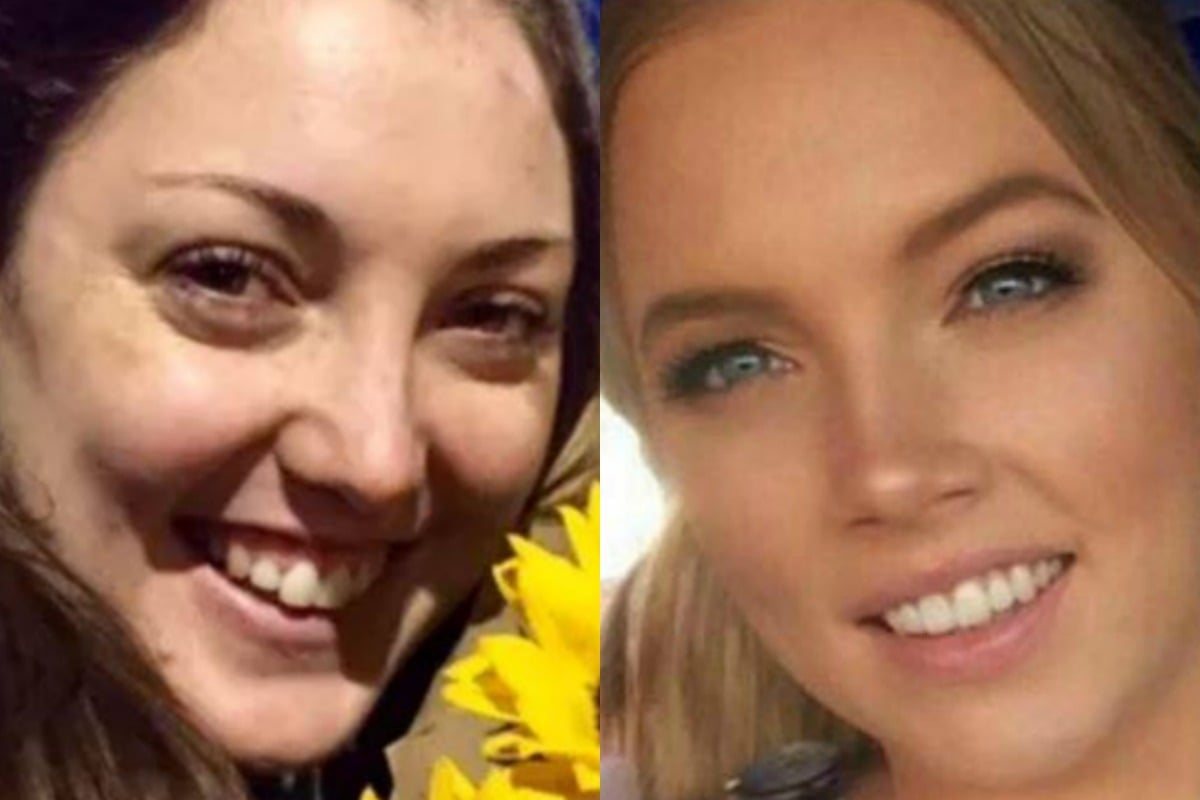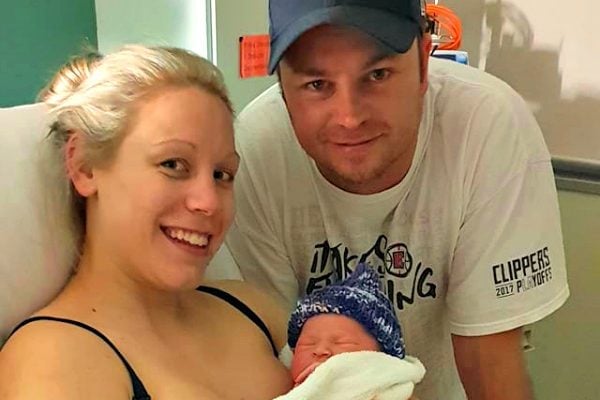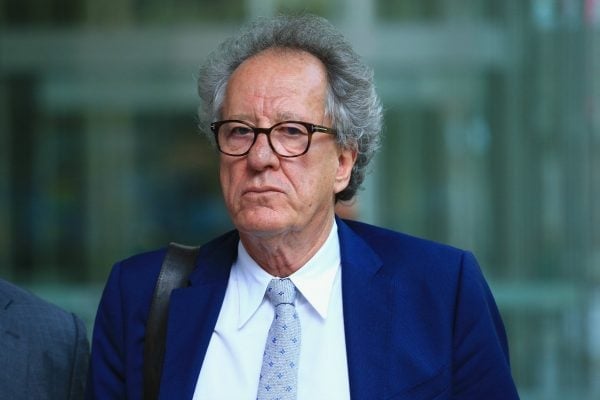
1. An inquest into the London Bridge terror attack that killed two Australians begins.
The families of eight people, including Australians Sara Zelenak and Kirsty Boden, killed in the London Bridge terror attack are expecting to learn more about their loved ones’ deaths as an inquest begins in Britain.
Ms Zelenak, 21, and Ms Boden, 28, were killed when Khuram Butt, Rachid Redouane and Youssef Zaghba drove a van into people walking on London Bridge, then ran through the Borough Market stabbing people with ceramic kitchen knives on the night of June 3, 2017.
Canadian Christine Archibald, 30, Briton James McMullan, 32, Frenchmen Xavier Thomas, 45, Alexandre Pigeard, 26, and Sebastien Belanger, 36, and 39-year-old Spaniard Ignacio Echeverria also died in the attack.
All but Mr Thomas, who was hit by the van and thrown into the Thames River, are believed to have been stabbed to death.
Another 48 people were injured in the violence, while all three attackers were shot dead by police at the scene.
The inquest is expected to start at the Old Bailey in London on Tuesday morning local time.
Queensland nanny Ms Zelenak evaded two previous terror attacks; she had a ticket to the Ariana Grande concert that was bombed in Manchester but didn’t go, and was at Westminster Bridge a day before a deadly rampage three months before the London Bridge attack.
Her mother Julie and stepfather Mark Wallace, who started holistic trauma healing centre Sarz Sanctuary after her death, have reportedly flown to London for the inquest at the Old Bailey on Tuesday.



Top Comments
I don't know if I could think of anything more heartbreaking than putting an elderly and infirm parent in a nursing home and then coming to the realisation that they had been badly mistreated during their time there.
The sense of guilt would be overwhelming.